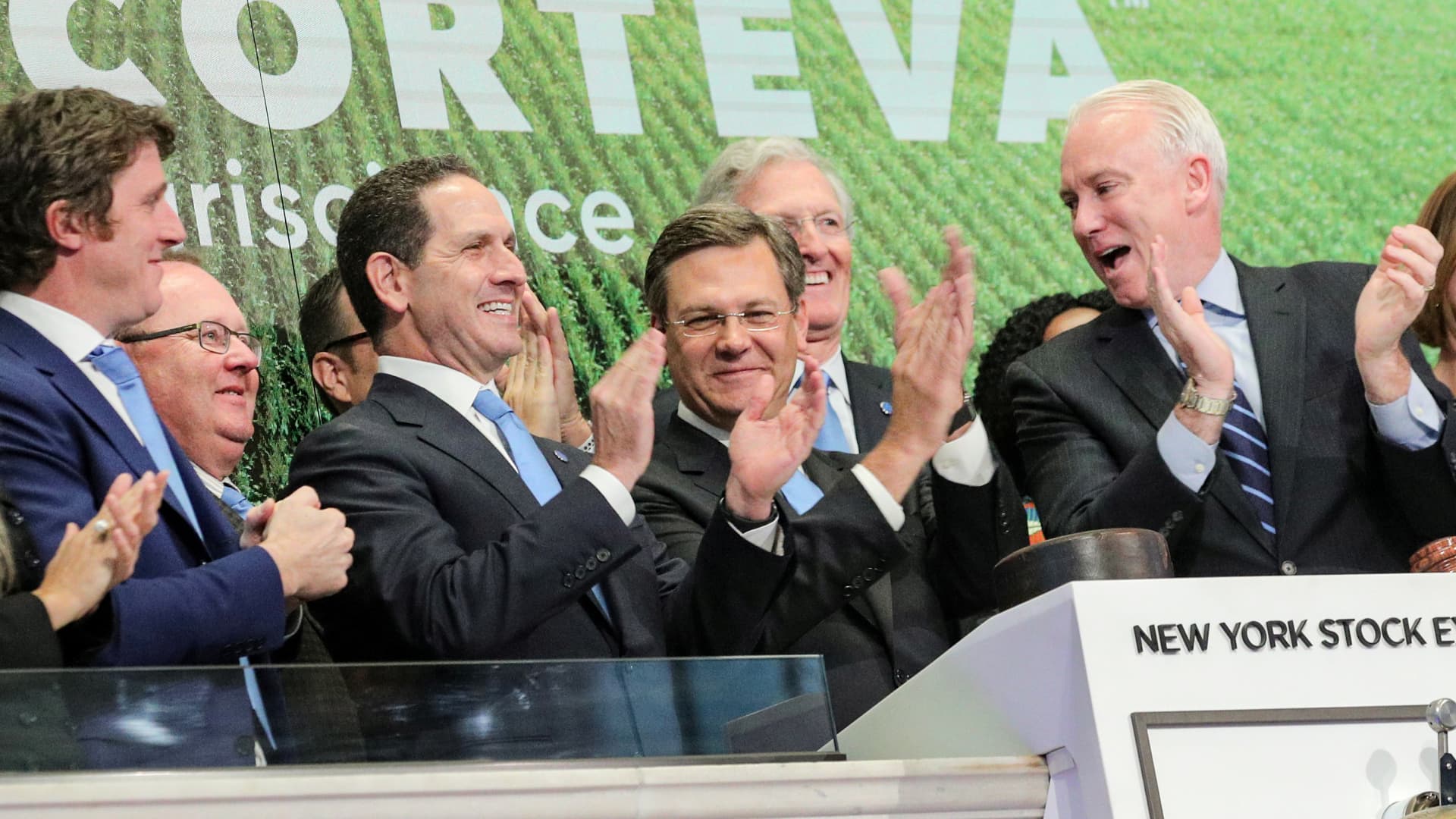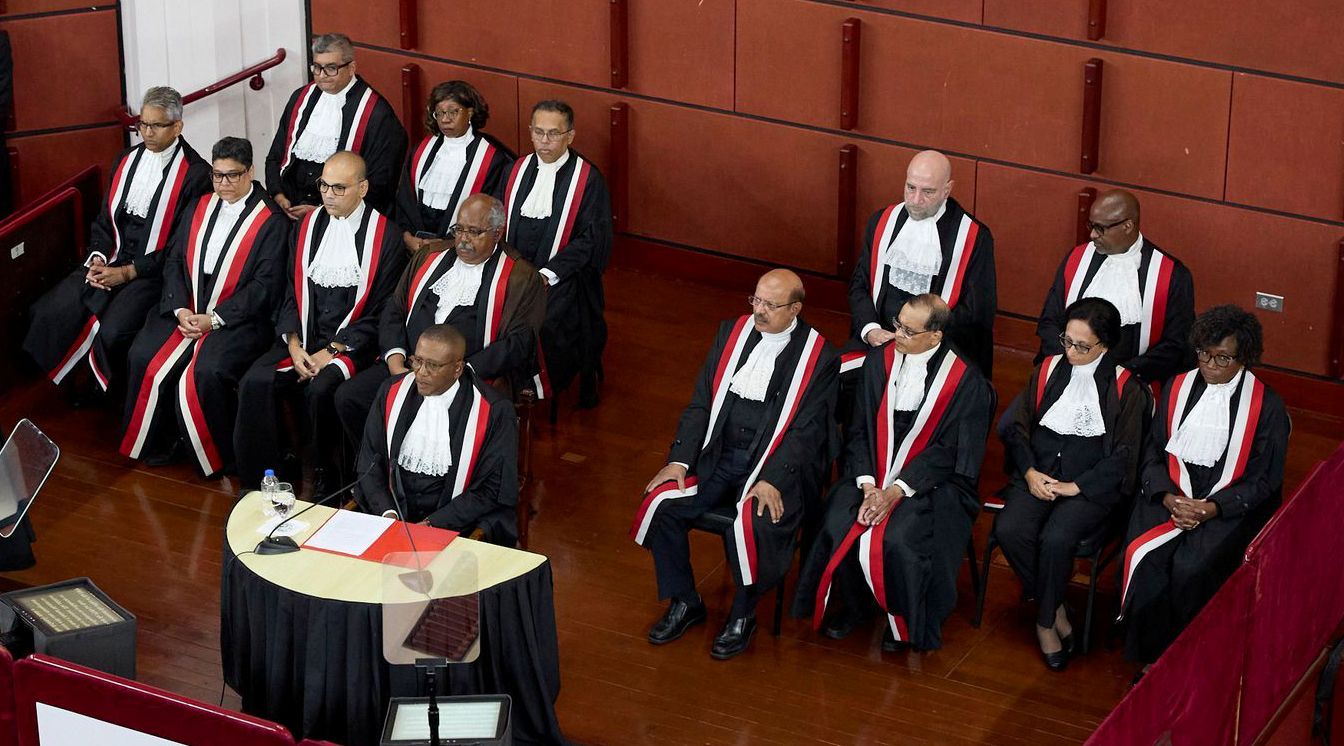By Zhou Xin
Copyright scmp

The United States is expanding its influence over the US$4 trillion global cryptocurrency industry amid favourable regulation under the Trump administration and the growing use of US dollar-backed stablecoins, according to participants at this yearŌĆÖs Token2049 event in Singapore.
The US is on a path to becoming the worldŌĆÖs ŌĆ£crypto capitalŌĆØ, said Bo Hines, the former executive director of the White HouseŌĆÖs Council of Advisers on Digital Assets, at a fireside chat on Thursday to conclude the two-day Token2049, the worldŌĆÖs largest crypto conference.
Hines, 30, is known for helping craft the US Genius Act, legislation that aims to create a comprehensive regulatory framework for stablecoins, which US President Donald Trump signed into law on July 18. He recently joined Tether Holdings, issuer of the worldŌĆÖs largest stablecoin, as CEO of its US business.
The US was ŌĆ£finally at a place in which we can welcome home a lot of the goods that have gone offshoreŌĆØ and set ŌĆ£a standard for the rest of the world in terms of how these technical creations can actually be integrated into the traditional financial systemŌĆØ, Hines said.
Tether, according to Hines, was ŌĆ£the most important company in the crypto ecosystemŌĆØ. He added: ŌĆ£If you want to be in the crypto capital world, you must have the most important players in the space onshore.ŌĆØ
His assessment reflects the state of the worldŌĆÖs stablecoin market, dominated by TetherŌĆÖs US dollar-backed USDT token with a market value of US$172 billion.
Tether was in talks with investors to raise as much as US$20 billion, a deal that could propel the firmŌĆÖs valuation to US$500 billion, according to a Bloomberg report last month.
Tether last month issued its new USAT stablecoin to comply with US regulations such as the Genius Act. It is promoting USAT as a US alternative to the global USDT token, which has more than 500 million users.
At the conference, Italian billionaire Paolo Ardoino, CEO of Tether, praised Trump for changing the countryŌĆÖs regulatory stance on crypto, compared to the previous administrationŌĆÖs policy.
ŌĆ£ItŌĆÖs great to see the administration of the United States changing dramatically and radically,ŌĆØ Ardoino said.
The US embrace of crypto in 2025, along with the Trump familyŌĆÖs business ties in the industry, has come at a time when the total market capitalisation of cryptocurrencies has exceeded US$4 trillion, as more institutions and individuals have adopted the digital asset.
ŌĆ£Thanks to the loose, even aggressive policies in the US, the previously pessimistic sentiment caused by SingaporeŌĆÖs new policies has been completely dispelled,ŌĆØ said Shawn Yan, founder and CEO of Hong Kong-based enterprise-facing digital asset wallet provider Cregis Technology.
ŌĆ£The US has once again become a land of opportunity for the industry.ŌĆØ
Other Token2049 participants highlighted their commitment to regulatory compliance, even though the conference saw a limited presence of regulators or government delegates.
According to Chengyi Ong, head of Asia-Pacific policy at blockchain analysis firm Chainalysis, the Trump administration has played the role of ŌĆ£an accelerantŌĆØ for crypto adoption, as its shift in policy opened the doors for more institutions to take part in the sector.
ŌĆ£When the banks in America are moving, banks around the world also pay attention,ŌĆØ Ong said. ŌĆ£So that leads to a cascading wave of movement. But I think the dynamics were already under way.ŌĆØ
On Wednesday, World Liberty Financial co-founders Donald Trump Jnr and Zach Witkoff, who serves as CEO, took centre stage at Token2049 as they touted the success of USD1, a stablecoin backed by US Treasury securities, as a tool to defend the US dollarŌĆÖs global role.
Additional reporting by Xinmei Shen



